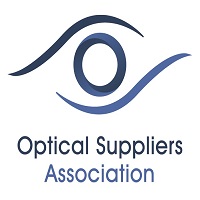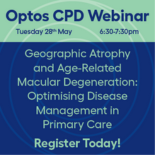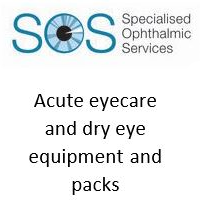General News
Hewlett, Health Analyst for FODO, reflects on the Global Eye Health: vision beyond 2020
Hewlett, Health Analyst for FODO, reflects on the Global Eye Health: vision beyond 2020
In 2020 the European Coalition for Vision wrote to political leaders across Europe to mark the culmination of the VISION 2020 global initiative to eliminate avoidable sight loss. Globally progress had been made, but there was still a long way to go.
This week The Lancet Global Health Commission on Global Eye Health: vision beyond 2020 was published, highlighting just now much more we must do, with over a billion people estimated to have a vision impairment in 2020. This includes 596 million people estimated to have a distance vision impairment and a further 510 million uncorrected presbyopia.
Today refractive error remains the major cause of moderate and severe vision impairment (MSVI), affecting 157 million individuals compared with 83 million adults suffering from cataract, 6 million AMD, 4 million glaucoma and 3 million with diabetic retinopathy.
For high-income countries like ours, the enormity of the numbers may conceal some major policy successes of the 20th and 21st centuries. In the UK, access to ophthalmic eye care and vision correction is so ubiquitous and normalised that they are taken for granted and go unrecognised by the public and policymakers. Yet these are major public health achievements. We overlook and neglect the value of these at our peril.
This bedrock of access, sight-testing and case-finding, which thousands of dedicated optometrists and DOs in primary eye care deliver every day, means that we can now concentrate on prevention and earlier intervention for glaucoma, age-related macular degeneration and other eye pathologies.
In the UK, the primary eye care sector delivers 20 million sight tests a year (to a third of the entire population), with 70% funded by the NHS for the most vulnerable, those on low incomes and older people. There is no need for anybody in the UK to go without refractive correction, although we still have some way to go to improve access for some communities and groups.
It is pleasing to see the UK health services beginning to tackle access issues for people with learning disabilities and autism, for example. However, there is still a long way to go to ensure homeless people can access the NHS services to which they are entitled. Simple contractual proposals have been around for some time but are caught up in the prioritisation systems of NHS bodies.
Cataract treatment is also a major success and widely accessible in high-income countries. Although we have seen clumsy and non-evidence-based rationing attempts in England from time to time, today we perform cataract surgery on a massive scale in both the NHS and private sectors. So normalised is this that one must begin to wonder whether most cataract surgery needs to be provided in acute hospitals at all, given capacity pressures there for higher-risk procedures.
But that is for another day and another transformation agenda.
Today, in the light of the Lancet report, we should be celebrating, cherishing and properly funding our primary eye care systems in the UK. Through regulated, competitive systems, like the rest of primary healthcare, they have delivered high-quality personalised care, clinical and services innovation, investment, and responsiveness to patients. This, in turn, has made untreated refractive error or undiagnosed cataracts a thing of the past for most UK citizens.
Let us focus on achieving similar results for all and the other major eye diseases and seeking to share some of our skills, technology and good fortune with co-citizens in the rest of the world.
David Hewlett is a health analyst, policy-maker and strategist and part of the Executive Team at FODO, the Association for Eye Care Providers
























